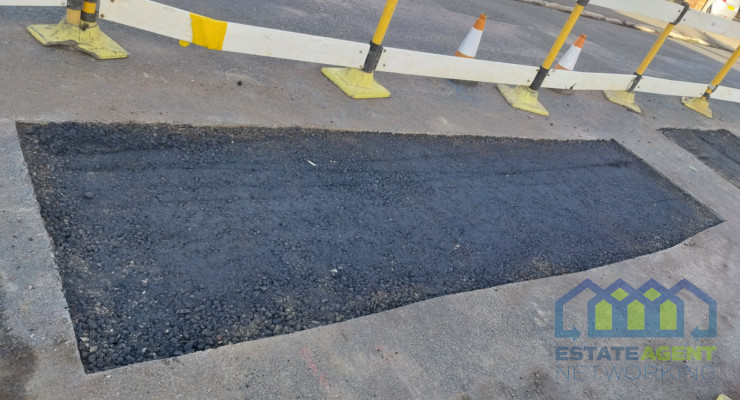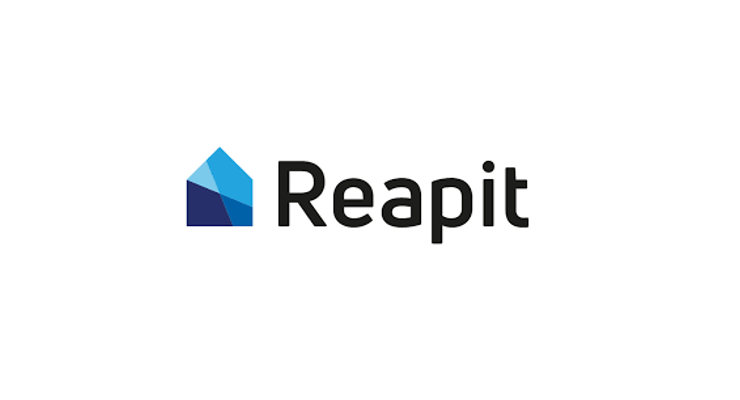Rent Increases, Landlord and Tenants Responsibilites When Renting Privately
With rising house prices, renting property in the UK is very popular and when engaging in this particular process, both the landlord and the tenant should be equipped with certain information which is very crucial. Some of the important facts are discussed below:
- Your privileges and responsibilities
In all independently houses or flats to rent you’ll have certain privileges and obligations.
Your rights
As a tenant, you have the right to:
- Live in a residence that’s secure and in an excellent state of repair.
- Have your deposit back when the tenancy terminates – and have it protected by an independent government body.
- Challenge excessive charges.
- Know who your residence owner is.
- Live in the residence undisturbed.
- See an Energy Performance Certification (EPC) for the property.
- Be secured from unjust eviction and unjust rent
- Have an itemized contract if you have a fixed-term tenancy of more than 3 years
If you have a tenancy contract, it should be affordable and adhere to the law.
If you don’t know who your landlord is, ask for the company or person you pay to rent. Your landlord can be penalized if they don’t provide you with these details within 21 days.
In Scotland, your landlord must provide you with a tenant detail package when you start a new contract or short term tenancy.
Your responsibilities
You must provide your landlord access to the property to examine it or carry out maintenance. Your landlord has to provide you at least 24 hours’ notice and visit at a mutually convenient time of the day, unless it’s an urgent and they need immediate access.
You must also:
- Take care of the property – Eg. Switching off the water supply at the mains if you’re away in cold weather.
- Pay the agreed rent, even if maintenance is required or you’re in an argument with your landlord.
- Pay other expenses as decided by the residence owner – these may include Council Tax or Utility Bills.
- Repair or pay for any damage done by you, your relatives or friends.
Your landlord has the right to take you to court to evict you if you don’t meet your obligations.
- Your landlord’s protection responsibilities
Your residence owner must keep the flats to rent that you reside in secure and free from side effects.
Gas safety
Your landlord must:
- Make sure that the gas equipment they provide is securely set up and managed by a Gas Safe authorized engineer
- Have an authorized professional carry out gas safety inspection on each gas appliance.
- Give you a duplicate of the gas protection examination record before you move in, or within 28 days of moving in the house to rent.
Electrical safety
Your landlord must ensure:
- The electric program (Eg. Electrical sockets and light fittings) is safe.
- All equipment they provide (eg. Ovens, kettles) are safe.
Fire safety
Your landlord must:
- Follow flame protection rules – eg. by verifying you have accessibility out of the property at all times.
- Provide fire alarm systems and also extinguishers (if the residence is a House of Multiple Occupation (HMO)).
- Make sure furniture provided complies with Furniture and Furnishings (Fire Safety) Regulations 1988/1989, 1993 and 2010
- Repairs
What your landlord must ensure is in working condition:
- The property’s framework and exterior
- Basins, bathrooms and other hygienic accessories such as pipe joints and drains
- Heating and hot water
- Gas equipment, pipe joints, flues and ventilation
- Electrical wiring
- Any damage they cause during the course of repairs
Your landlord is usually accountable for fixing common areas, like stairways in the apartments. Sometimes the managing agent would be responsible and these details should be in your tenancy contract.
Your responsibilities
- You should only carry out maintenance if the tenancy contract says you can.
- You cannot be forced to do any maintenance work that is your landlord’s liability.
If you damage another tenant’s flat, eg if water leaking into another flat from an over flowing bath, then the responsibility falls on the tenant to repair the damages. Tenants are also accountable for repairing any damages done to the property by friends or relatives.
If your residence needs repairs
Contact your landlord or managing agent if you think maintenance is required. Do this immediately to prevent further damage to the property. You should always continue to pay your rent while awaiting the maintenance to be carried out. Your landlord should tell you when you can expect the maintenance to be completed.
If maintenance isn’t done
Some council now requires landlords to have licenses that meet certain criteria and conditions before being issued. These are in place to prevent landlords taking advantage of tenants by forcing them to living in squalor and substandard conditions. Speak to your regional council’s ecological wellness department for some help and assistance. They will take the right action if they think the problems could cause harm or is a danger to health.
In Scotland, you should get in touch with the Personal Rented Real estate Board (PRHP)
If your home is not fit to stay in
If you think the house is a danger, get in touch with the local council’s housing division. They’ll do a Housing Health and Safety Rating System (HHSRS) evaluation and must take the necessary action if they think the home has serious issues or is a hazard.
- Rent Increases
The tenancy agreement should consist of how and when the rent will be analyzed.
For a rolling contract (rolling on a week-by-week or month-by-month basis) the landlord cannot normally increase the rent more than once without your prior consent.
For a fixed-term tenancy (running for a set period) the landlord cannot increase the rent unless they have given adequate notice in writing and the tenant has agreed to the increase.
General guidelines around rent increases
For any tenancy:
- Your landlord must get your authorization if they want to increase the rent by more than the agreed amount.
- The rent increase must be reasonable and genuine (i.e. in range with regular regional rents)
How your residence owner must recommend a rent increase?
If the tenancy contract sets down a process for increasing the rent, the landlord must adhere to this. Otherwise, the landlord can:
- Renew your tenancy contract at the end of the set period, but with an increase in rent.
- Agree a rent increase with you and generate an itemized history of the contract that you both sign.
- Use a ‘Landlord’s observation suggesting a new rent price, which increases the rent after the set phase, has ended.
The landlord must provide the tenant with at the least one month’s notice (if rent is paid every week or month). If you have an annual tenancy, they must provide you with 6 months’ notice period.
Rent disputes
If you think the rent increase is unjust, you can rightly implement to the Personal Property Tribunal to choose the rent quantity.
5. Lease disputes
You can talk to the Private Property Tribunal to help with rent conflicts. There are different methods to fix rents conflicts in various regions like Scotland, Wales and North Ireland.
Private Property renting in the UK can be a very straight forward process, but it has to be accepted that any of the parties engaged in the process are aware about the rules and regulations that are presently prevailing. Houses to rent are in great demand and rent increases when renting privately is especially common, therefore also proceed with caution.
Big Page is a FREE advertising and lead generation website where you can advertise your Properties, Jobs, Deals, Cars & Vehicles, Courses, Buy & Sell, Travel, Business Services and Community Events for FREE on Big Page.co.uk









